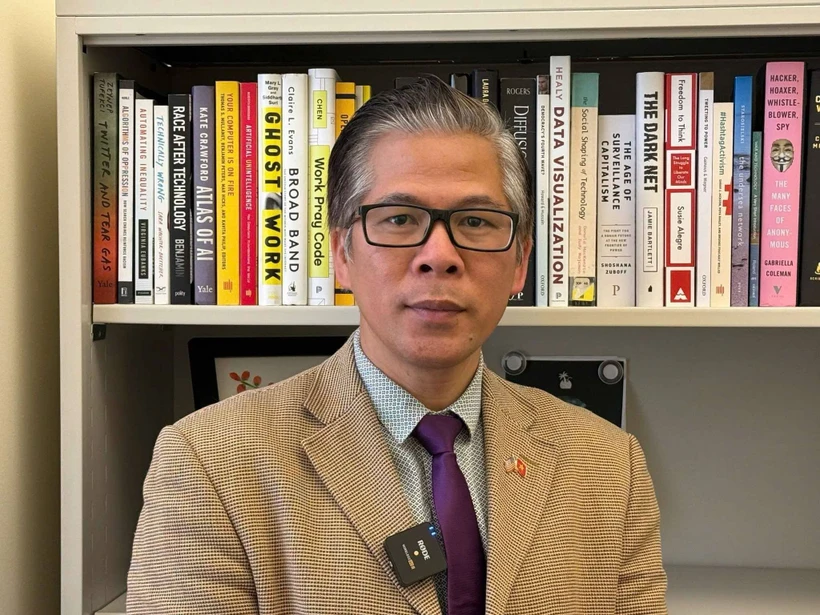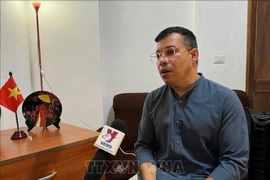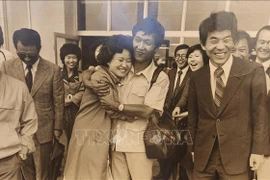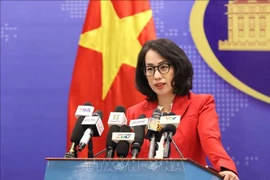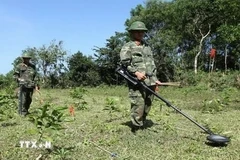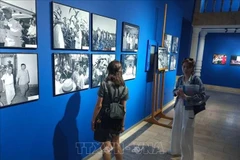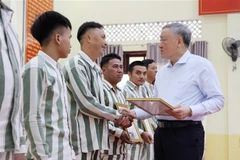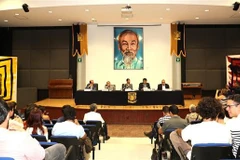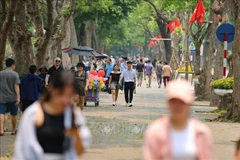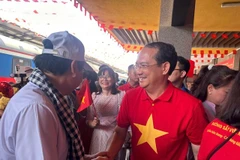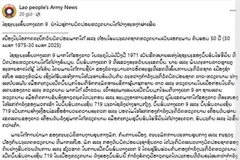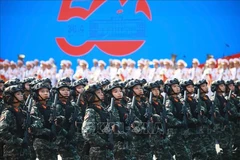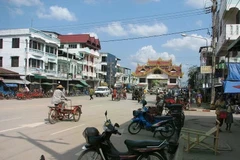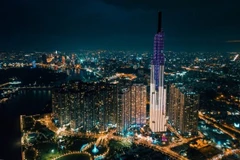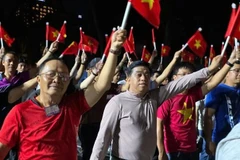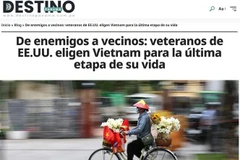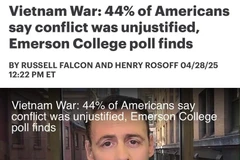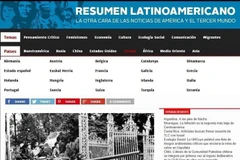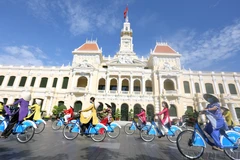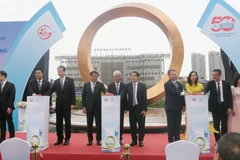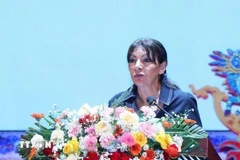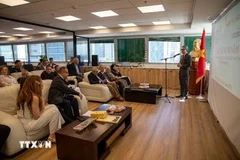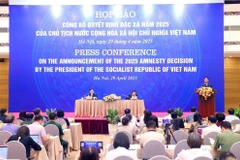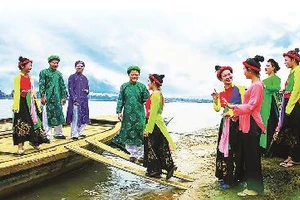Washington D.C. (VNA) – As Vietnam is marking half a century since the liberation of the South and national reunification (April 30), Dr. Nguyen Hong Hai, a Fulbright scholar based in the College of Arts and Sciences at American University, has reflected on the country’s extraordinary transformation from a war-torn nation to a respected country in the international arena, a development journey that he described as “truly miraculous” in the face of formidable challenges.
In an interview with the Vietnam News Agency (VNA)'s resident correspondents in Washington D.C, Hai underscored the significance of the April 30 victory that marked the beginning of a peaceful and unified Vietnam. He said that generations of Vietnamese people must be grateful to their predecessors who laid down their lives for the country’s independence.
Following the victory, Vietnam continued facing numerous difficulties, from defending sovereignty in the northern and southwestern borders to protecting maritime sovereignty in the East Sea while enduring blockage and embargo. When Vietnam began its Doi moi (Renewal) process, the world underwent turbulence, with the collapse of the Soviet Union and Eastern European socialist bloc resulting in the cut-off of assistance for the country’s post-war recovery and reconstruction efforts.
Thus, while broadly spanning 50 years since reunification, Vietnam's development trajectory more narrowly dates from the Doi moi in 1986. Despite such difficulties, achieving the middle-income status within just four decades, and now aiming to become an upper-middle-income developing country and even a modern industrialised nation by 2045, represents what Hai called truly miraculous progress.
He elaborated that within just over two decades after Doi moi, Vietnam lifted tens of millions of people out of poverty while steadily enhancing its international position regarding the areas of politics, diplomacy and economy, stressing the country’s development trajectory has been praised by the world as a model for many developing nations, particularly those facing similar challenges and having the starting points as Vietnam once did.
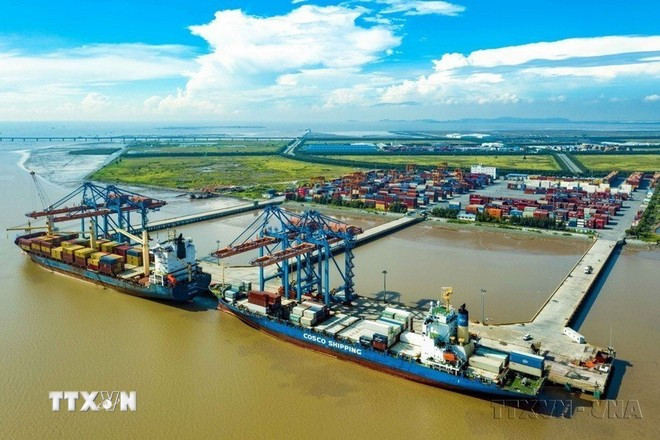
The scholar held that that beyond policy directions and the leadership of the Communist Party of Vietnam that consistently prioritises national interests, the will and aspirations of the Vietnamese people have played a crucial role in bringing the country to its current level of development. No nation has a stronger desire for prosperity than the Vietnamese people.
He believed that the policies and appeals from Party and State leaders in propelling Vietnam into a new era of prosperous development align perfectly with the current context, meeting the aspirations of the entire nation.
Vietnam boasts numerous advantages to realise its aspiration, including social consensus, sound development policies, foundation built on nearly four decades of Doi moi – a launching pad to bring the economy to new heights, stable political and social system, and strategic and economic position.
However, Hai said, the strategic and geopolitical position makes Vietnam susceptible to both direct and indirect influence from competition among powers in the region. Besides, human resources and infrastructure relative to high-level development requirements, and global instability pose other challenges for the country.
He expressed his confidence that with sound diplomatic, political, and trade policies, Vietnam will certainly overcome these barriers. Maintaining a consistent foreign policy of diversification and multilateralisation of external relations and being a reliable friend and partner of the international community, will help Vietnam concretise its aspiration of building a peaceful, unified, independent, and powerful nation that can stand shoulder to shoulder with world powers, fulfilling President Ho Chi Minh's wish./.
